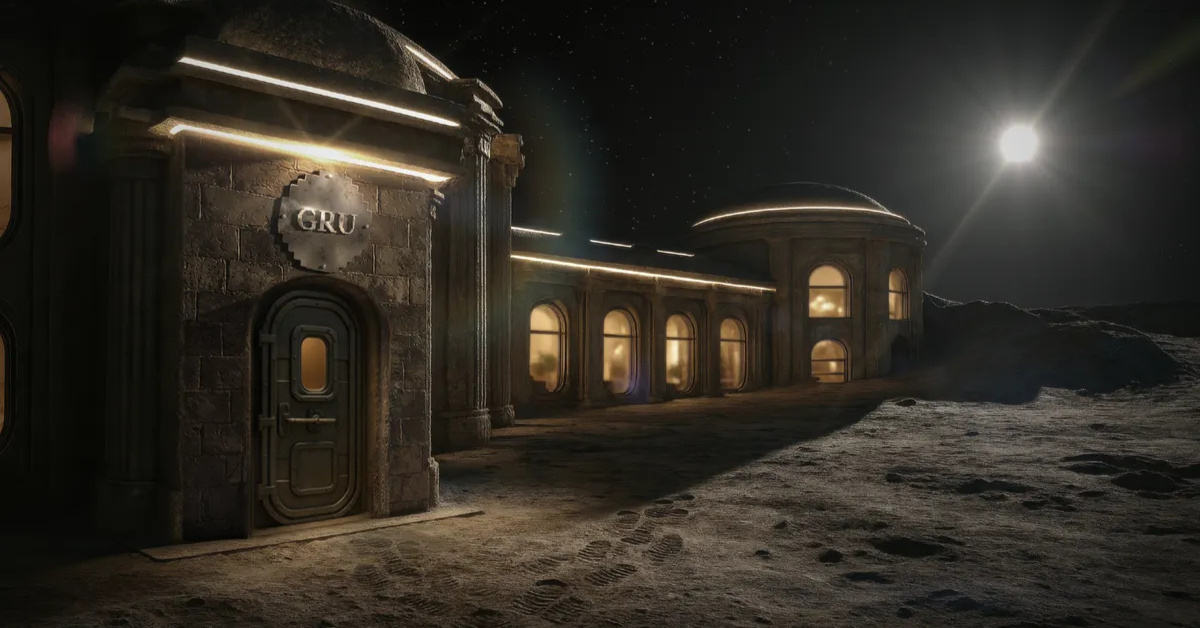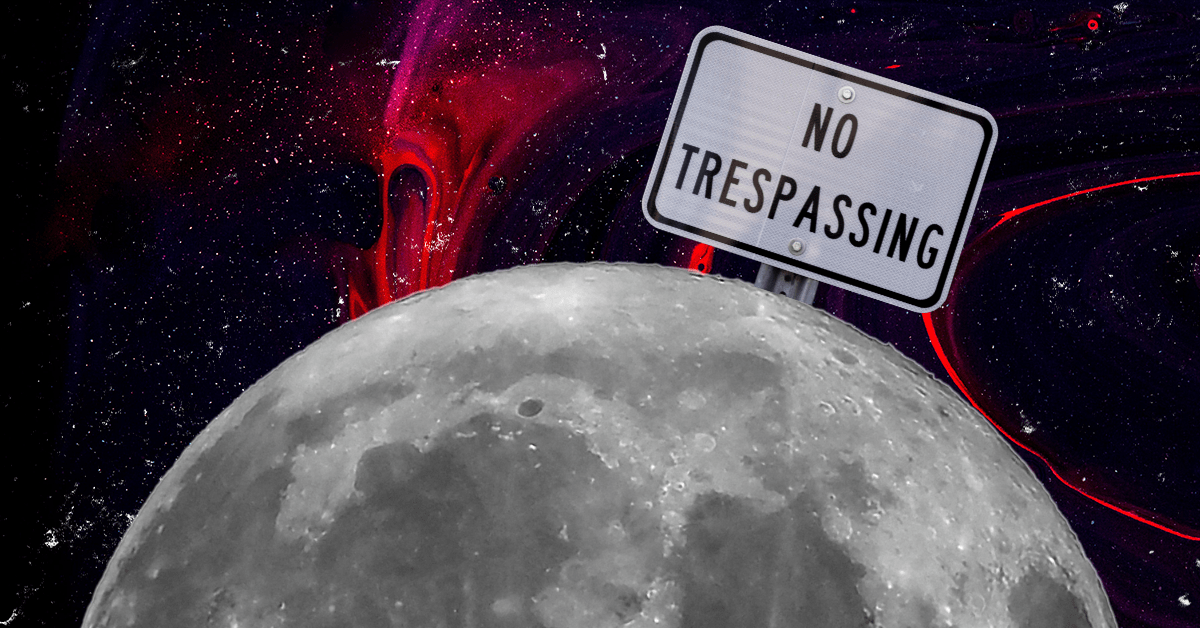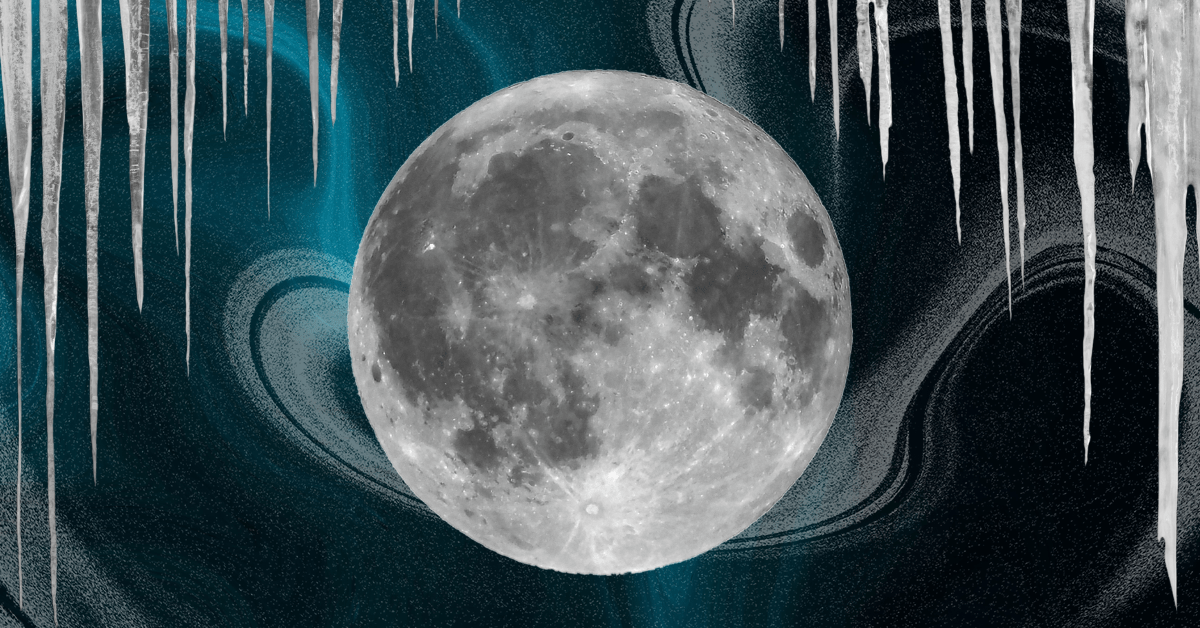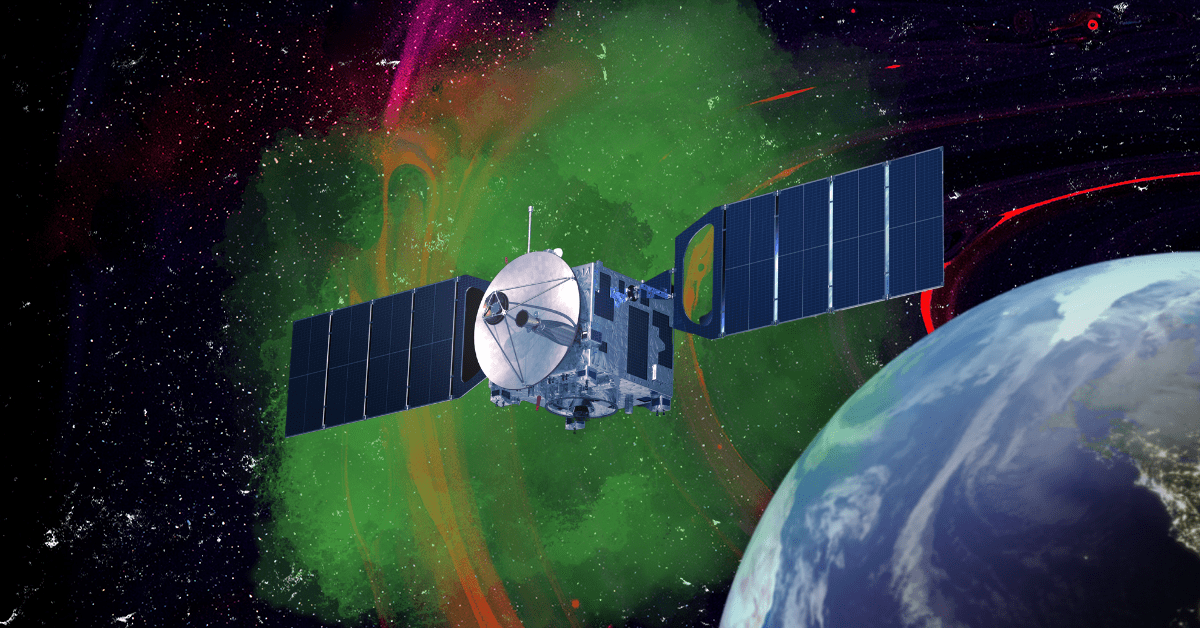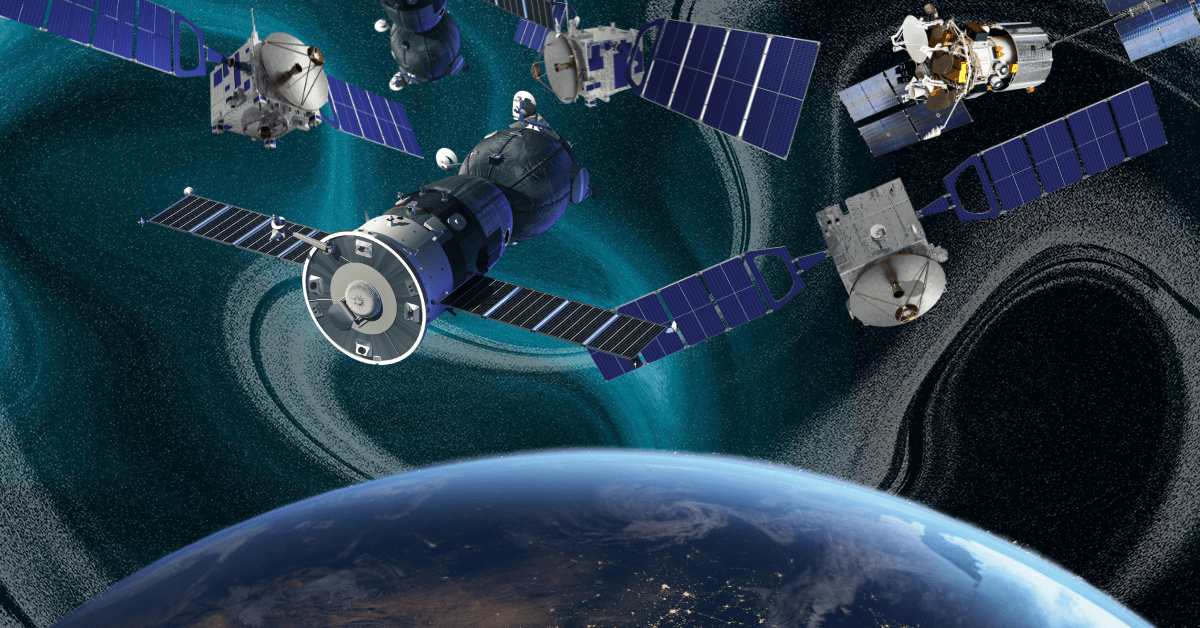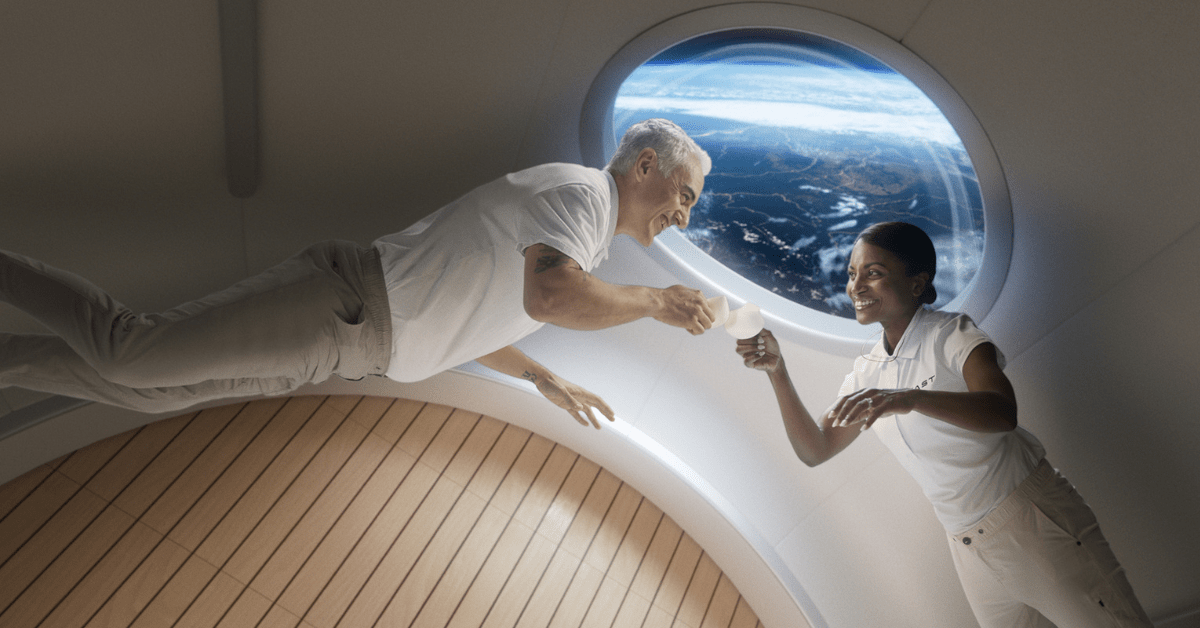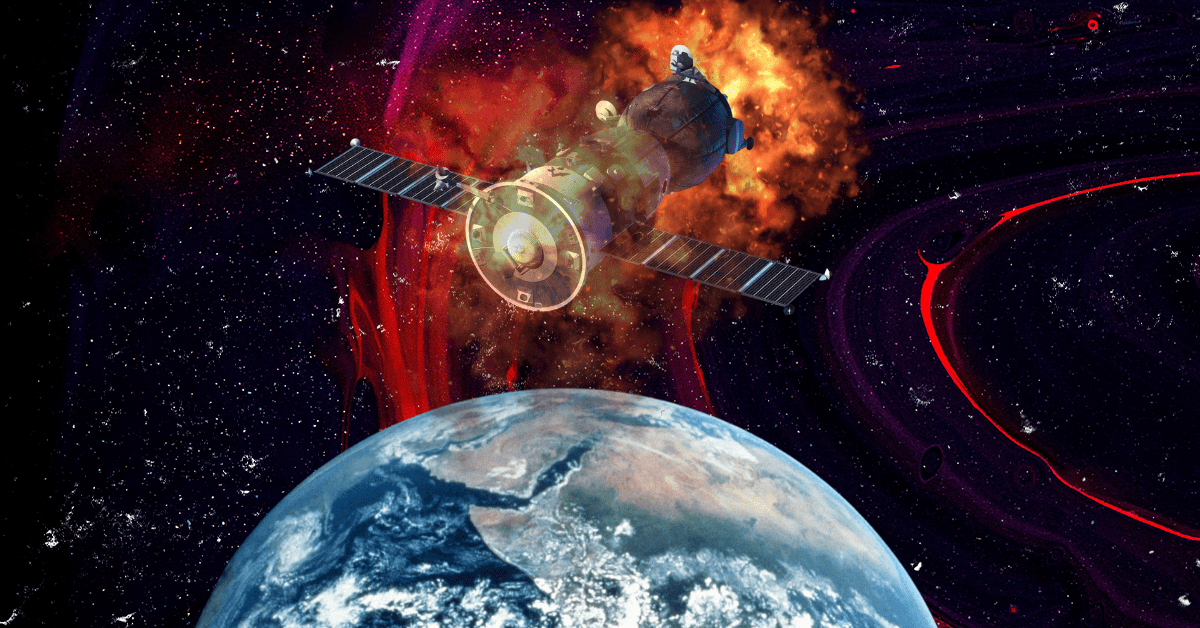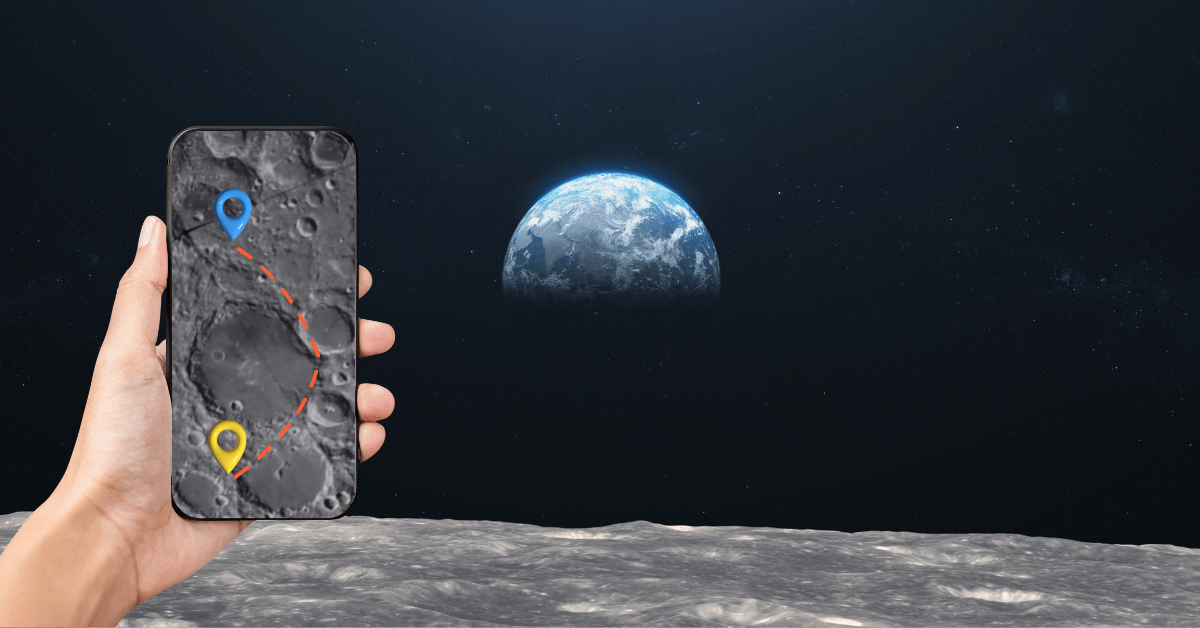Props to humanity: It isn’t easy to make an infinite expanse observable across 94B light-years feel like a cluttered mess.

But, oof, we’ve turned space into quite a landfill, per McKinsey & Co.:
- There are now ~20k pounds of junk in space, encompassing inactive satellites, rocket parts, and missile debris.
- Trackers have their eyes on 30k+ prominent objects, but there are another ~670k Cheerio-sized objects capable of puncturing the International Space Station.
The problem’s gonna get worse before it gets better
Put simply, an increase in space exploration means an increase in orbital garbage. And the increase in launches — and subsequently the junk accumulation rate — has been steep:
- Since the late 1950s, 11k+ satellites have entered space.
- Another ~60k satellites could soon join them, starting with Amazon’s Project Kuiper, which launched the first of its 3.2k-satellite communications constellation Friday.
- It’s doing so to compete with SpaceX’s planned ~42k-satellite Starlink network (4.5k+ of which are currently in orbit).
It’s crowded up there — and as the real estate between new additions and orbital debris tightens, the situation will grow far more dangerous for astronauts and equipment alike.
This might explain the US government’s urgency…
… as it levied its first-ever fine for space junk last week, dropping a $150k penalty on Dish Network for failing to move an old satellite.
- Though the sum is a pittance against Dish Network’s bottom line, the MIT Technology Review called it a “big deal” — an initial use of regulatory powers often signals more to come, and the FCC suggested future fines would be higher.
- Experts also say it could “kick-start” the market for solutions, reenergizing startups that specialize in junk removal.
Right on cue, Astroscale, which uses a magnetic system to capture and tow debris, scored $80m from the Japanese government last week to inspect a defunct satellite for removal.
BTW: Astronauts are heroes, but they aren’t helping matters here either. Some of their litter is also stuck in orbit, including a pair of pliers, a camera, a spatula, a glove, and an Andy Warhol drawing.
Space

